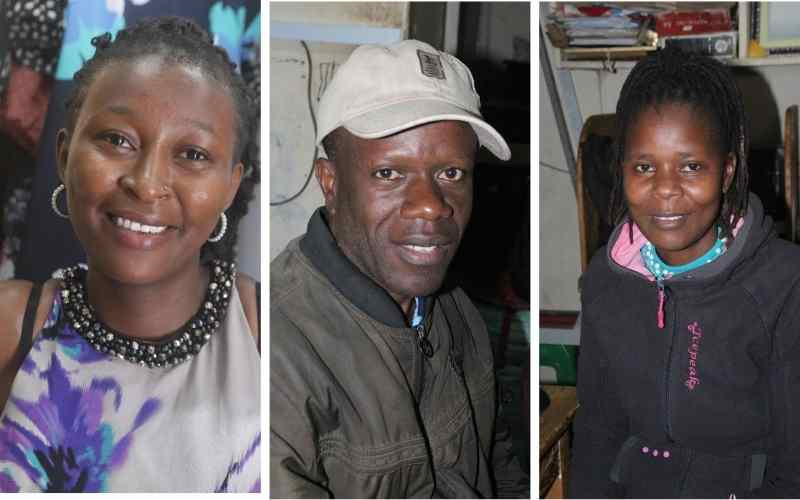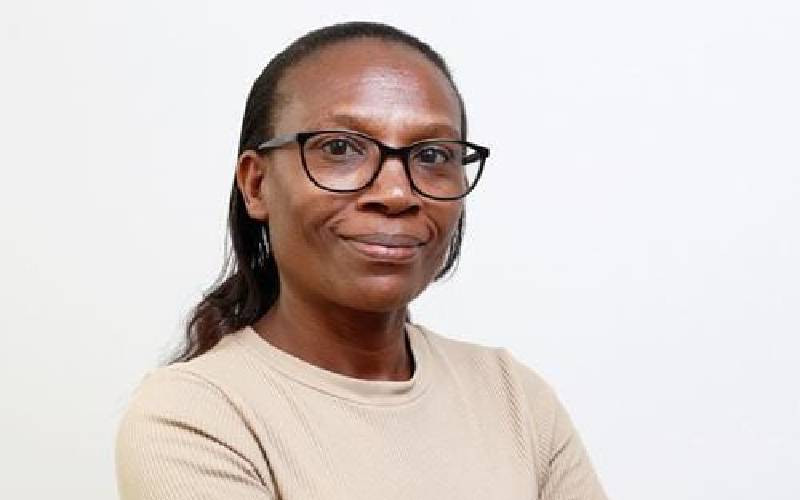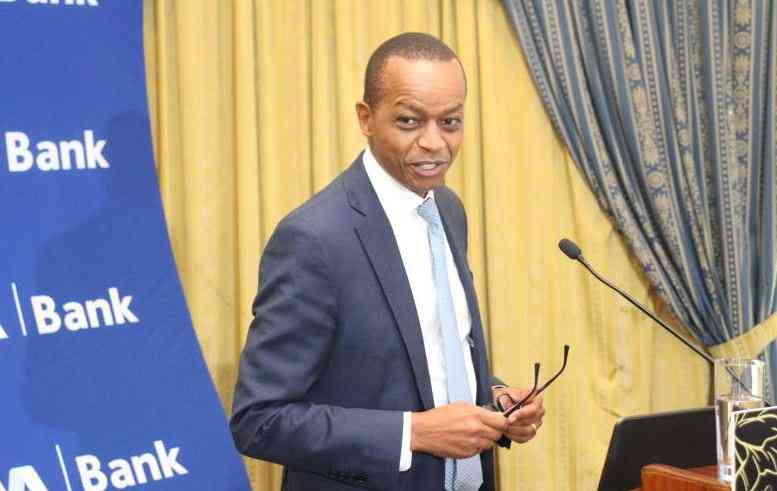
In recent weeks, the soul of Nairobi—once a beacon of hope and safety for refugees fleeing political oppression—has been shaken to its core.
The city is grappling with a terrifying trend: the kidnapping of foreigners deemed dissidents by their home governments. Shockingly, citizens from Ethiopia, Turkey, Uganda, and South Sudan have increasingly found themselves ensnared in a web of abduction and forced deportation.
The recent abduction of Ugandan opposition leader Kizza Besigye sent ripples of fear and disbelief through local and international communities alike. He stands as yet another victim in a growing list, including the troubling cases of multiple Turkish citizens abducted and forcibly returned to their countries against their will.
What has happened to Nairobi? Once hailed as a secure refuge for thousands seeking solace from tyranny, it now risks being branded as a hunting ground for oppressive regimes. The question looms: how did we arrive at a point where the Kenyan capital is complicit in these dark machinations?
What message does this send—not only to individuals fleeing persecution but also to the world at large? If oppression's clarion call is heard within our borders, how can we trust that our own citizens' rights will be safeguarded?
By tacitly allowing foreign government agents to conduct operations within its borders, the Kenyan government opens a chapter of diplomatic and ethical dilemmas. This dangerous precedent jeopardizes not only foreign nationals' safety but also that of Kenyan citizens who might find themselves at odds with those in power.
Would a truly sovereign and democratic country engage in such perilous games? When did we begin trading our humanitarian legacy for fleeting political favours?
The uncomfortable truth is that these recent kidnappings represent a moral failure, eroding Kenya's identity and reputation as a safe haven.
Herein lies another crucial question: What responsibility does civil society bear in combating this alarming trend? Are we to sit quietly while the rights of the defenseless are trampled?
In light of these brutal realities, it is incumbent upon us—activists, journalists, and concerned citizens—to raise our voices and demand accountability from our government.
The moral obligation extends to the international community as well. Countries that historically championed human rights must not turn a blind eye to this blatant disregard for due process. Foreign governments must pressure Kenyan authorities to honor international treaties and agreements that protect human rights.
Will these governments urge their citizens to ensure their safety here, or will they allow their concerns to fade in the name of diplomacy?
Nairobi’s identity as a refuge is teetering on the brink, and it is our collective responsibility to reclaim that narrative. A genuine commitment to human rights must guide policy choices, ensuring protections for those at risk of persecution.
If the Kenyan government wishes to remain a bastion of safety, it must take immediate steps to align its practices with international standards of humane treatment and asylum. This calls for an urgent reevaluation of how the state handles foreign nationals facing political persecution.
Transparent processes must be established for handling their cases, alongside a robust legal framework to protect the vulnerable.
Will the Kenyan government stand up against foreign pressures and uphold its commitment to safeguarding the rights of all individuals seeking refuge on its soil?
The time to act is now. Let us not allow Nairobi to be branded as a city where the oppressed are hunted rather than protected.
Instead of accepting a narrative built on fear and oppression, we must tell a different story—one where compassion and integrity guide our policies and actions.
In confronting these harrowing realities, we must ask ourselves: Can we still call Nairobi a haven? Or are we witnessing the slow unravelling of a city that once promised safety and peace?
The answers lie in our resolve to advocate for justice, safety, and dignity for every individual.
The writer is the Chairperson of the Crime Journalists Association of Kenya
 The Standard Group Plc is a multi-media organization with investments in media
platforms spanning newspaper print operations, television, radio broadcasting,
digital and online services. The Standard Group is recognized as a leading
multi-media house in Kenya with a key influence in matters of national and
international interest.
The Standard Group Plc is a multi-media organization with investments in media
platforms spanning newspaper print operations, television, radio broadcasting,
digital and online services. The Standard Group is recognized as a leading
multi-media house in Kenya with a key influence in matters of national and
international interest.
 The Standard Group Plc is a multi-media organization with investments in media
platforms spanning newspaper print operations, television, radio broadcasting,
digital and online services. The Standard Group is recognized as a leading
multi-media house in Kenya with a key influence in matters of national and
international interest.
The Standard Group Plc is a multi-media organization with investments in media
platforms spanning newspaper print operations, television, radio broadcasting,
digital and online services. The Standard Group is recognized as a leading
multi-media house in Kenya with a key influence in matters of national and
international interest.











